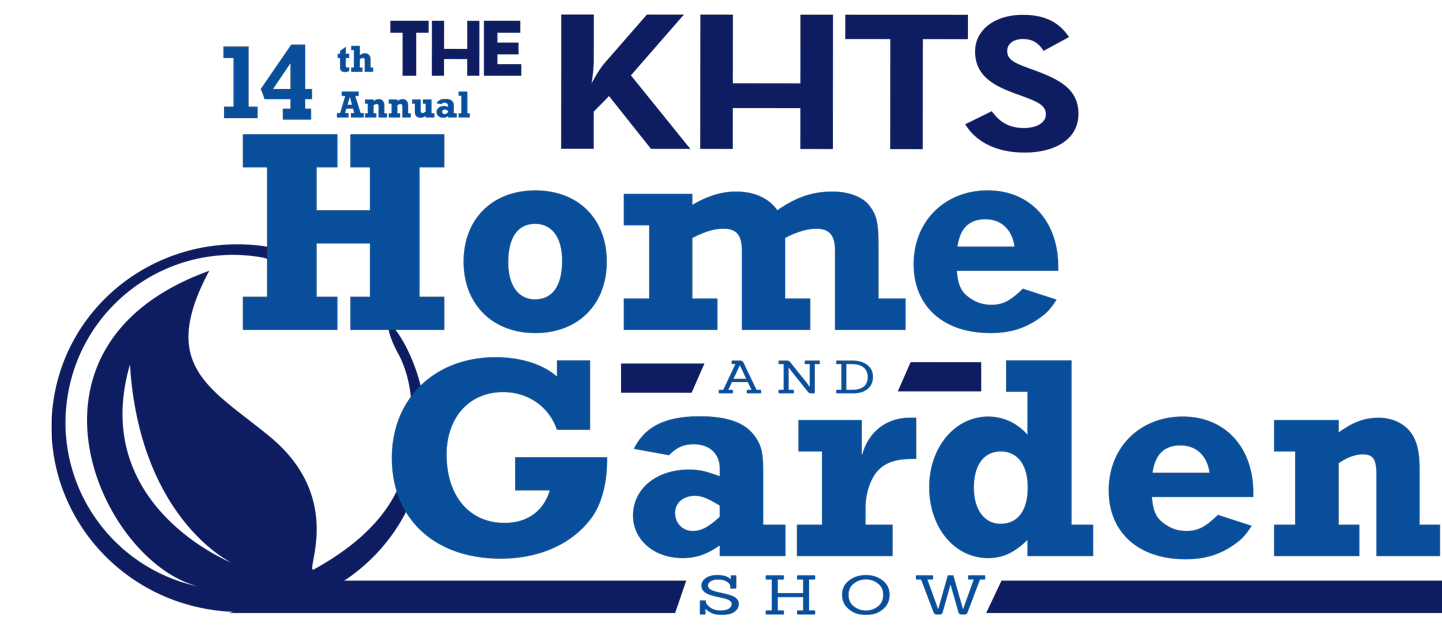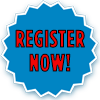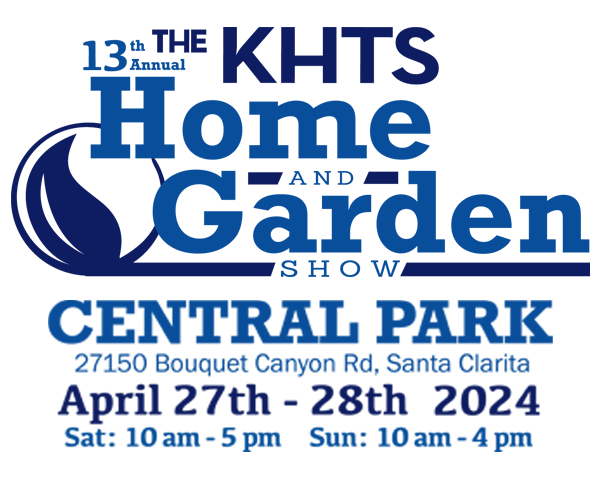In order to set the right priorities for your exam preparation, you have to view and filter all the learning materials. Not all content is equally important, and it is up to you to decide which topics make it into your curriculum.
These approaches will help you to cleverly narrow down the exam material:
- Orientate on the big picture of the examiner
- Edit old exams
- recognize patterns
- Question previous semesters
- Ask the professors directly
- Observe notes
- Check rules of thumb
Let’s take a closer look at these points.
7 Tips on How to Find Exam-Relevant Content
Every exam, every lecturer, every subject, and every university is different. That’s why there is no 100 percent safe advice that will serve you the topics of your upcoming exam on a silver platter. But there are strategies that often work and have helped many students.
These seven tips can help you too:
Tip #1: Use the Examiner’s Big Picture as a Guide
Every lecturer and every examiner has a very specific perception of their lecture series. An overarching idea, a basic understanding in which all thematic blocks come together and thus become part of a larger whole. This construct is called Big Picture. If you have understood this “picture”, you have understood the lecture. You understand how the individual topics are structured and recognize what your examiner is trying to achieve. You know what is important to him – and that’s what he will probably ask in the exam.
Tip #2: Edit Old Exams
Old exams and exam tasks are a great basis for your exam preparation. Firstly, you can narrow down the topics in this way, secondly, you familiarize yourself with the types of tasks and how they are processed, thirdly, you can use the documents to prepare for the exam under real conditions. Old exams or memory logs give you an impression of what to expect in the exam. If certain topics never or only rarely appear in it, you can rather neglect them. At the same time, you can see which tasks are asked particularly frequently and can set priorities for learning at these points.
Tip #3: Recognize Patterns
Most of the exams of a lecturer proceed in a similar way. Task types, structure, and point weighting often differ only slightly. Once you have recognized these patterns (or been able to find information about them), you will be able to assess the exam material much better and select relevant topics. Therefore, collect information about your examiner: talk to other students, do research online and look at exams in other subjects that were also written by your lecturer.
Tip #4: Interview Older Students
If you are unable to read information from the lecture material yourself, no old exams are available and your research is in vain, you can seek contact with older students who have already taken the relevant exam (and in the best case passed it). Ask your older classmates for help, buy them lunch, or bribe them with beers. Ask them about their experiences and find out what topics they think have been reviewed. On this basis, prepare a memory protocol and verify your information by, ideally, interviewing several former examinees.
Tip #5: Ask the Lecturer Directly
Sometimes the solution to a problem is so simple that we give it a fifth priority: if you want to know what topics are relevant to your exam, ask your examiner. As banal as it may sound, only your examiners (or their assistants) know what will be on the exam. They’re your only primary sources, so you should at least try to get some information by asking them directly. You have nothing to lose, other than your examiner thinking you’re naive. However, if things go well, you will receive valuable tips for your preparation. Speaking of tips: Don’t ask general questions like “What’s on the exam?”. Be specific: “Is topic X particularly relevant or should I focus more on topic Y?”
Tip #6: Heed the Hints
If you are unsuccessful with direct questions and your examiner blocks you, you should still pay close attention to their casual remarks about the exam. Lecturers often give subliminal hints about the exam during the lecture, such as “This part is particularly important.” or “This is a classic example of…”. Sometimes they summarize smaller blocks of topics separately, bring an additional example or intersperse a second and third repetition. All of these are signs of increased test relevance. Some chairs also offer a preliminary exam discussion in the form of a question and answer session or an additional exercise unit. You should learn the content that is explained during this event particularly intensively.
Tip #7: Check the Rules of Thumb
In addition to the six strategies above, there are numerous rules of thumb that you can use to evaluate and prioritize your learning material. Content from introductory chapters, guest lectures, and simple case studies are therefore less suitable for exam questions. Current research topics of your lecturer, topics that are currently being discussed in public, and topics related to the application are to be classified as more relevant to the exam. If your lecturer has added new chapters to the lecture series in the current semester, you should take a close look at this content.
Conclusion
No matter how much time you have to prepare for the exam, you will never have enough time to learn everything. There are too many details, background information, and use cases for that. You will always have to narrow down the exam material. You have to decide which content you study intensively, which topics you skim over and what ultimately falls by the wayside.
Yes, that feels uncomfortable. But you have no other choice. Also, using an essay writing service may too feel not quite right but there’s nothing bad in getting help when you need it.
If you study blindly and see everything as equally important, you will get bogged down. You have to set priorities and weigh your exam preparation. There is no miracle cure for this – but there are strategies and tricks that will help you. Important: The next time you narrow down your material, write down how you went about it. Take notes and write down your process so you can learn from it in the future. You might find your own magic bullet.







